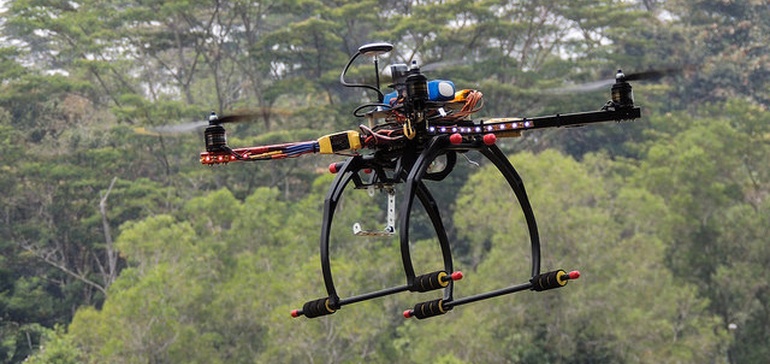
By Jennifer McKevitt
Dive Brief:
- Drones are not always more carbon-efficient than trucks, although they can be, according to a recent study by two University of Washington researchers, UW Today reports.
- The researchers found trucks left a smaller footprint when carrying a large load with many stops, while drones shone in shorter, light trips — making the new technology ideal for last-minute delivery in contained communities like hospitals or school campuses, or even rural communities.
- Drones could also be launched from a truck with individual items for delivery, the paper found. Once the load weight increases, however, the energy consumed rises rapidly.
Dive Insight:
Too often, old and new technologies are pitted against each other, with innovations being conflated as superior to the old. Those who advocate for old are deemed holdouts, unwilling to embrace the modern. Yet changing perspectives from costs to energy use demonstrates the benefits of technology depends on the use case attached to it.
For one, drones are dependent on an imperfect power source. As of now, lithium-polymer batteries are considered ideal, but they not only take up weight, but also grow tired the more energy the drone expends, such as in airlift, dodging obstacles, and relaunching after delivery. While battery research is active, it has yet to deliver a superior option for keeping drones aloft without waste or problematic emissions issues.
Simply put, drones are not yet ready to reconfigure the world of delivery. What they can do well — for the moment — is function in limited scenarios. Trucks, or even vans, appear poised to remain the main method of ground delivery. However, some companies are already dreaming of mixed-use vehicles, such as drone-deploying vans.